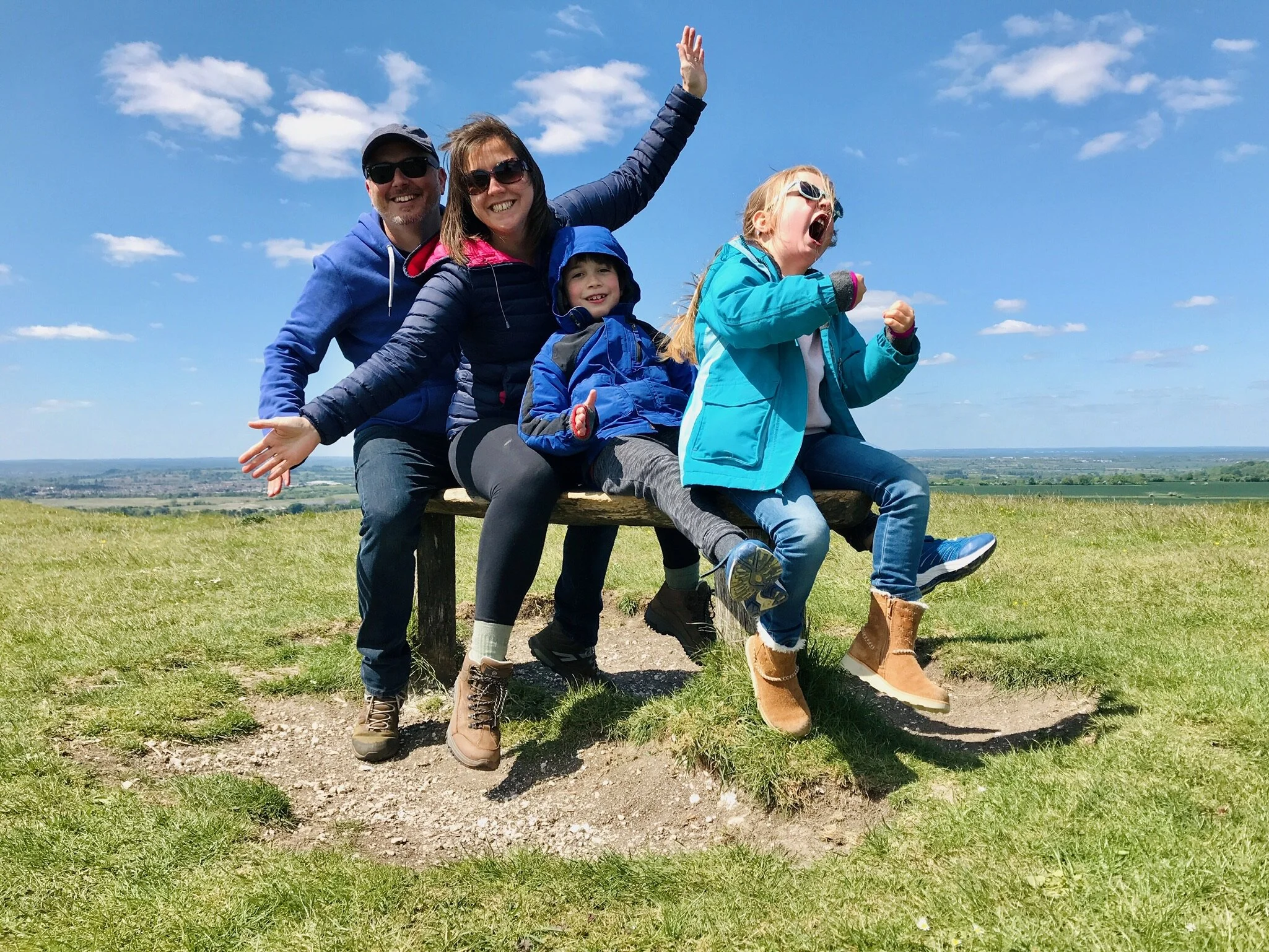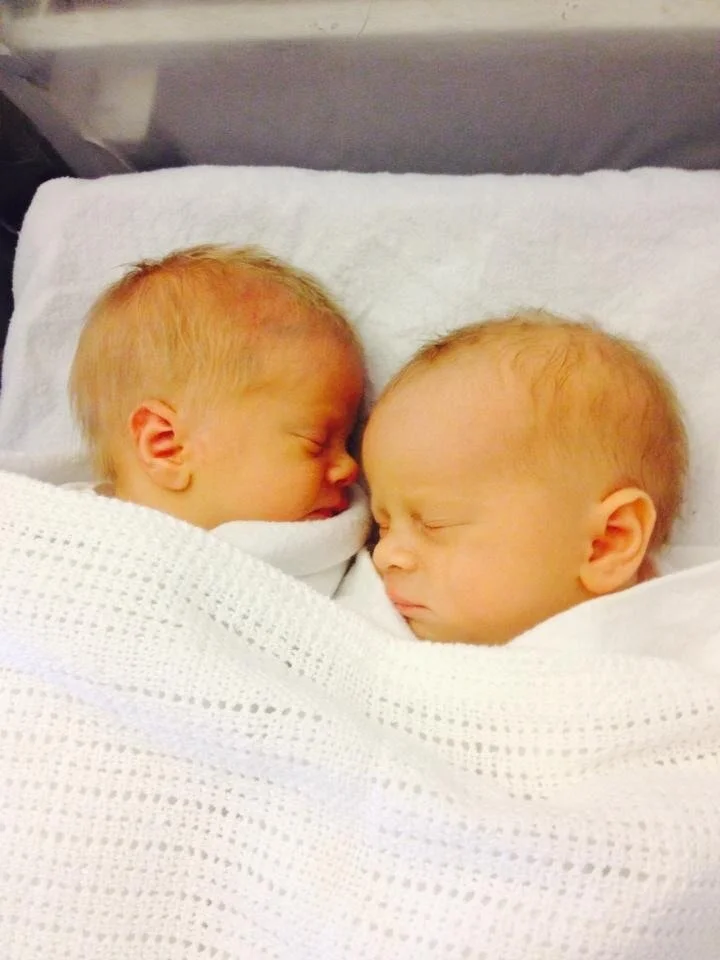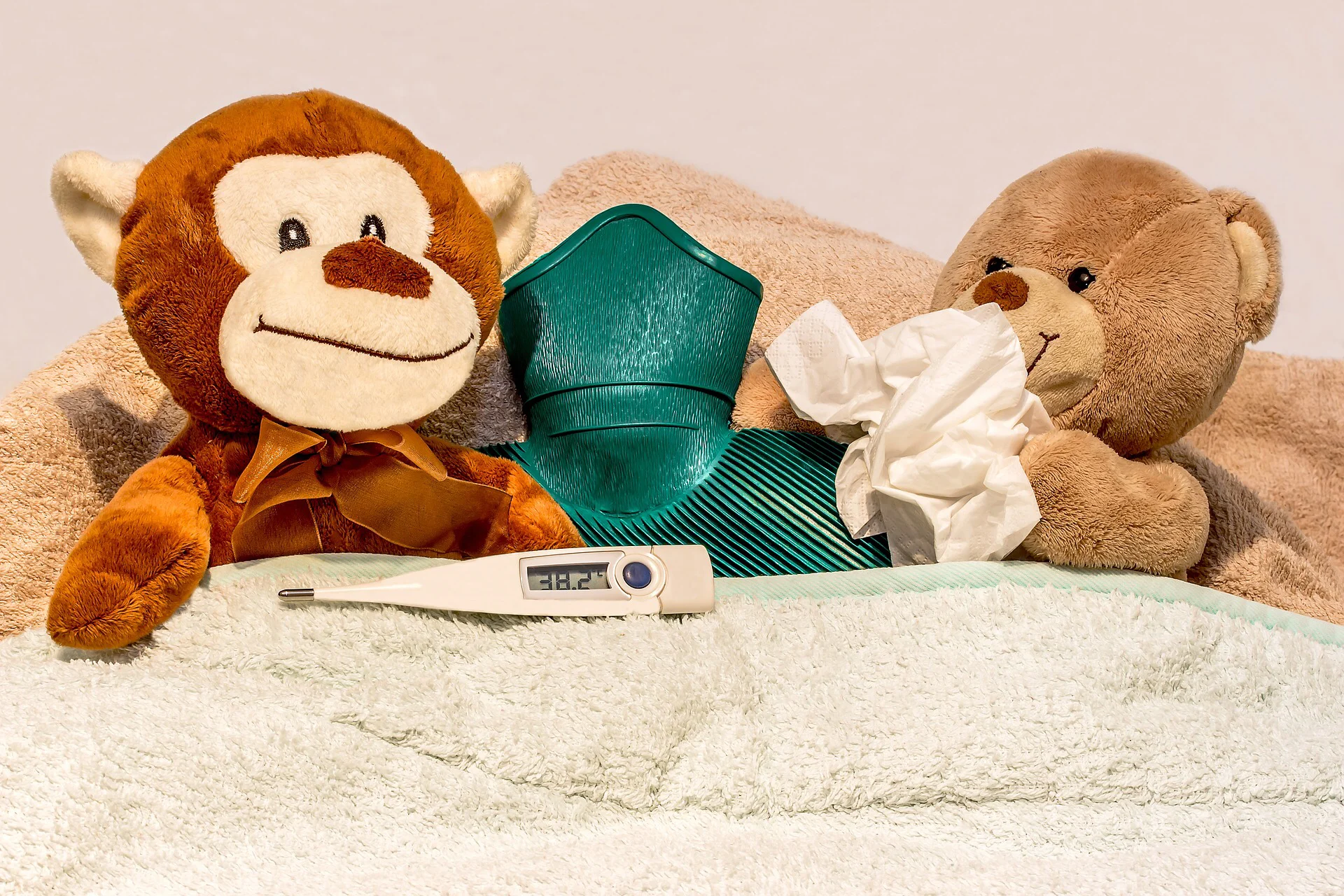Written by Claire Burgess, Family Consultant. Co-parenting or shared parenting are terms used when two people who have been in a relationship, have had children together but then separated. The important thing to remember about co-parenting is that you don’t stop being a parent, you just stop being in a relationship with the person that you have had children with. You both still have a responsibility to your children to provide them with a stable and secure environment in which they can grow and develop.
Read MoreCategories
ALL | Babies | Behaviour | Bereavement | Co-Parenting | Food and weaning | Getting to know | Grandparents | Health | Lockdown | Nursery | Other | Play | Routines | School | Separation anxiety | Siblings | Sleep | Teething | Toilet Training | Transitions | Travel | Tweens and Teens | Twins
You can also check out all of our practical videos on our YouTube Channel here - these include nappy changing, making up a bottle, topping and tailing and so much more!
Written by Claire Burgess, Family Consultant. The day when clocks change is coming up and it can always be a worry that this is going to have an effect, meaning all your hard work on getting a good sleep routine in place could be ruined. Fear not! There are some easy ways to keep this on track!
This blog specifically focusses on the clock change that we have in March, where we ‘spring forward’ and lose an hour…which none of us enjoy!
Read MoreWritten by Claire Burgess, Family Consultant. There is no right or wrong age to start getting children to help out with chores, it is more about what tasks are age appropriate for you to ask them to do. Firstly, I would try to avoid the word ‘chores’ as this can be seen, and felt, as being quite negative and not something your children are likely to approach with a positive attitude. In addition, chores could be seen as things that have to be done in order to get a reward, but many ‘chores’ or tasks are expected and required actions of our children as they develop into responsible adults.
Read MoreWritten by Claire Burgess, Family Consultant. In these strange and surreal times, we have been and still are facing things that we have never faced before in our lifetimes. Many families have experienced an extremely difficult time in relation to living and working space, finances and family circumstances etc and this is likely to continue as we start to go into some kind of ‘recovery phase’.
We just wanted to take a moment to look at all of the things we are hearing from families about their experiences through the Coronavirus outbreak and what these changes might mean for us and, more importantly, our children, as we come out of it and into our ‘new normal’ - will this experience change our children forever?
Read MoreWritten by Claire Burgess, Family Consultant. Very often when babies arrive there is a great deal of focus on Mum and the baby and Dads can often be left on the sidelines. The arrival of a baby can be life changing for any parent and so we need to make sure that we are looking out for Dads at this monumental time. The adjustment for Dads can be significant, and there can be hormonal changes (testosterone, oestrogen, cortisol, and prolactin) in men after their baby arrives which can cause them to have baby blues or postnatal depression. I have worked with many families where I have had to actively encourage Dad to take a more active role and to show how important a role he has to play in his baby’s life. We don’t want Dads to be on the sidelines, we want them to feel valued and empowered in their new role.
Read MoreMark Williams from Fathers Reaching Out. In 2004 Mark experienced depression and suffered for years until he had a breakdown. He founded International Fathers’ Mental Health Day and #Howareyoudad campaign which makes sure that the whole family is getting support. Claire connected with Mark on Twitter when researching Dads and Post Natal Depression (PND) and we thought that it would be really interesting to get to know him a bit better.
Read MoreTwins Trust Family Crisis Support (formerly Helping Hands) is there to equip families of twins, triplets and more with the skills they need to get back on their feet at a really difficult time in their life.
The parents and carers who come to us are already doing at least two or three times the care of parents of singletons, and are usually experiencing social isolation, finding it harder to leave the house for appointments and social groups. To then add a bereavement, serious physical or mental illness, or other extreme circumstances on top can easily tip a family into crisis. Family Crisis Support exists to try and build these parents’ coping skills to a place where they can be confident and capable parents.
Read MoreWritten by Claire Burgess, Family Consultant. In March this year I was delivering a seminar as part of the Twins Trust annual Volunteer Day. It was on the topic of anxiety in children but little did I know that when I delivered this talk that we would be heading into a pandemic and that anxiety in not only our children, but also in adults would increase dramatically over the following weeks.
Anxiety is a word that very few people want to associate with children as we want our children to be carefree, happy and certainly don’t want them to worry or have anxiety over anything. We need to be aware that anxiety can span over a significant range from mild worry which can be absolutely natural such as doing an exam or going to a new place for the first time, through to something that can be extremely worrying and can have impact on both physical and mental wellbeing.
Read MoreWritten by Claire Burgess, Family Consultant. t’s that time of the year when everyone seems to have a cough or a cold! The typical time for the common cold to make an appearance is between October and April and during this time of the year it can feel like your child has constantly got a cold. Most children before they start school will average 6-8 colds per year, which works out at around 1 cold per month! The good news is that once your child starts school their immunity starts to get better which means that their tendency to catch colds will reduce.
Read More









